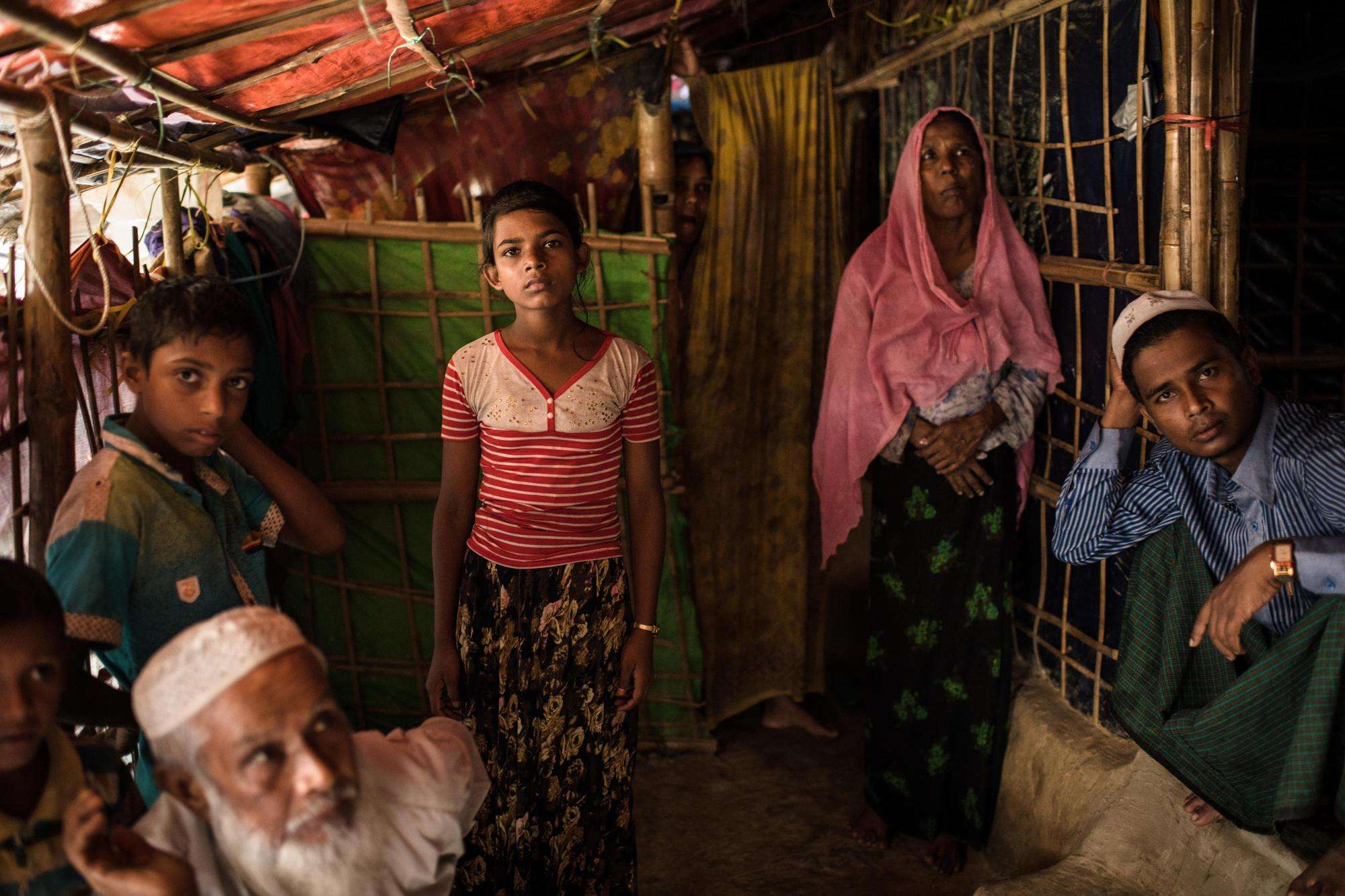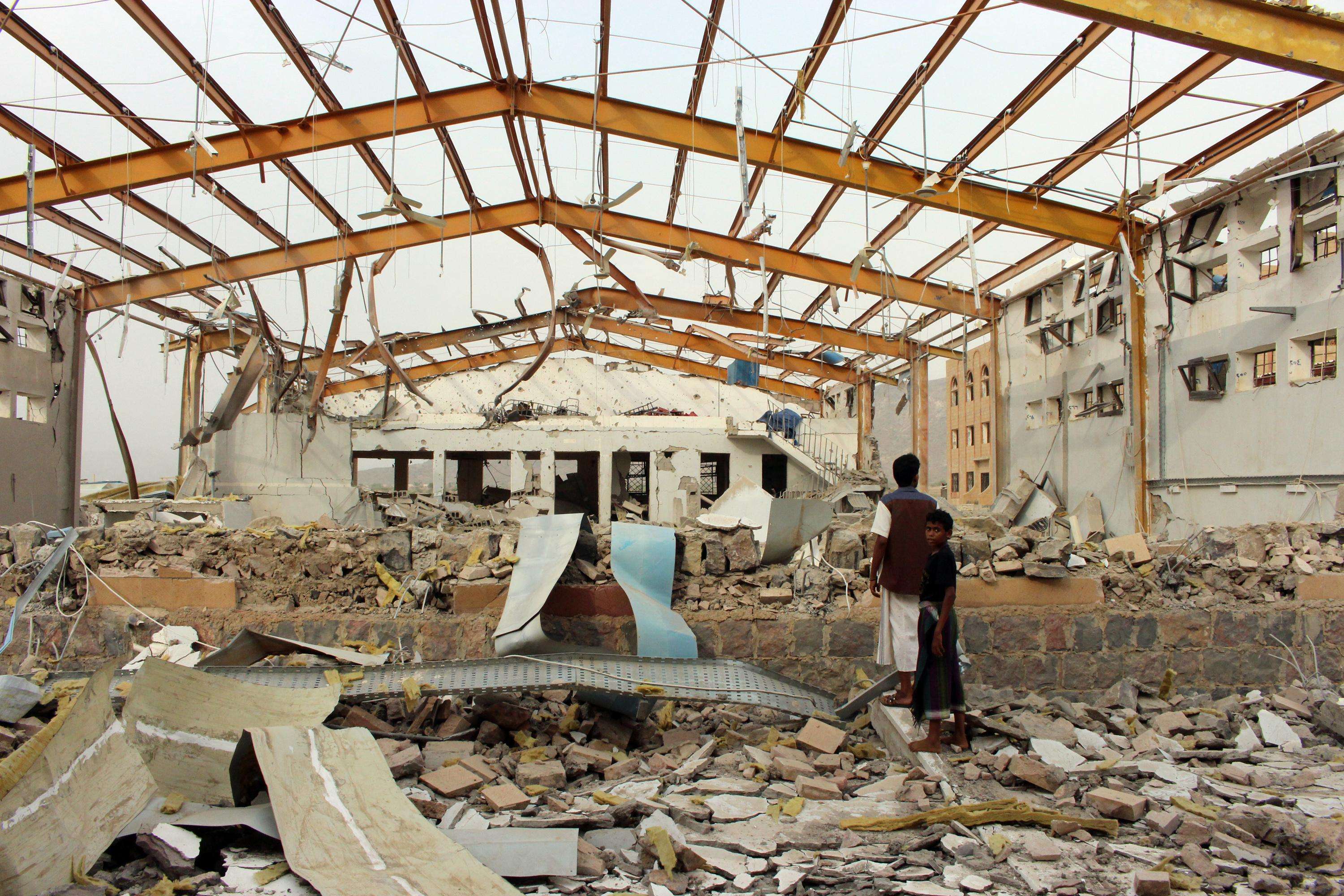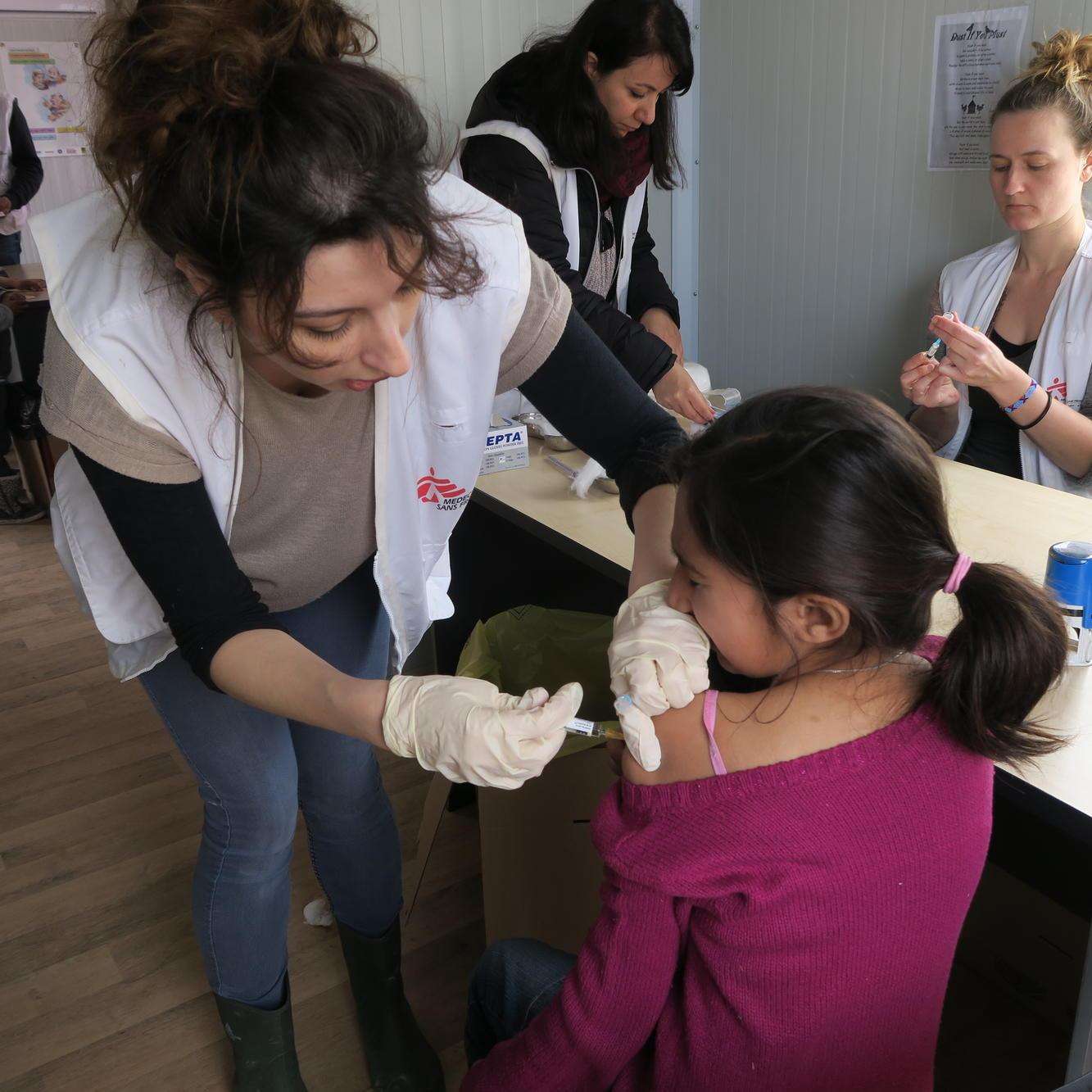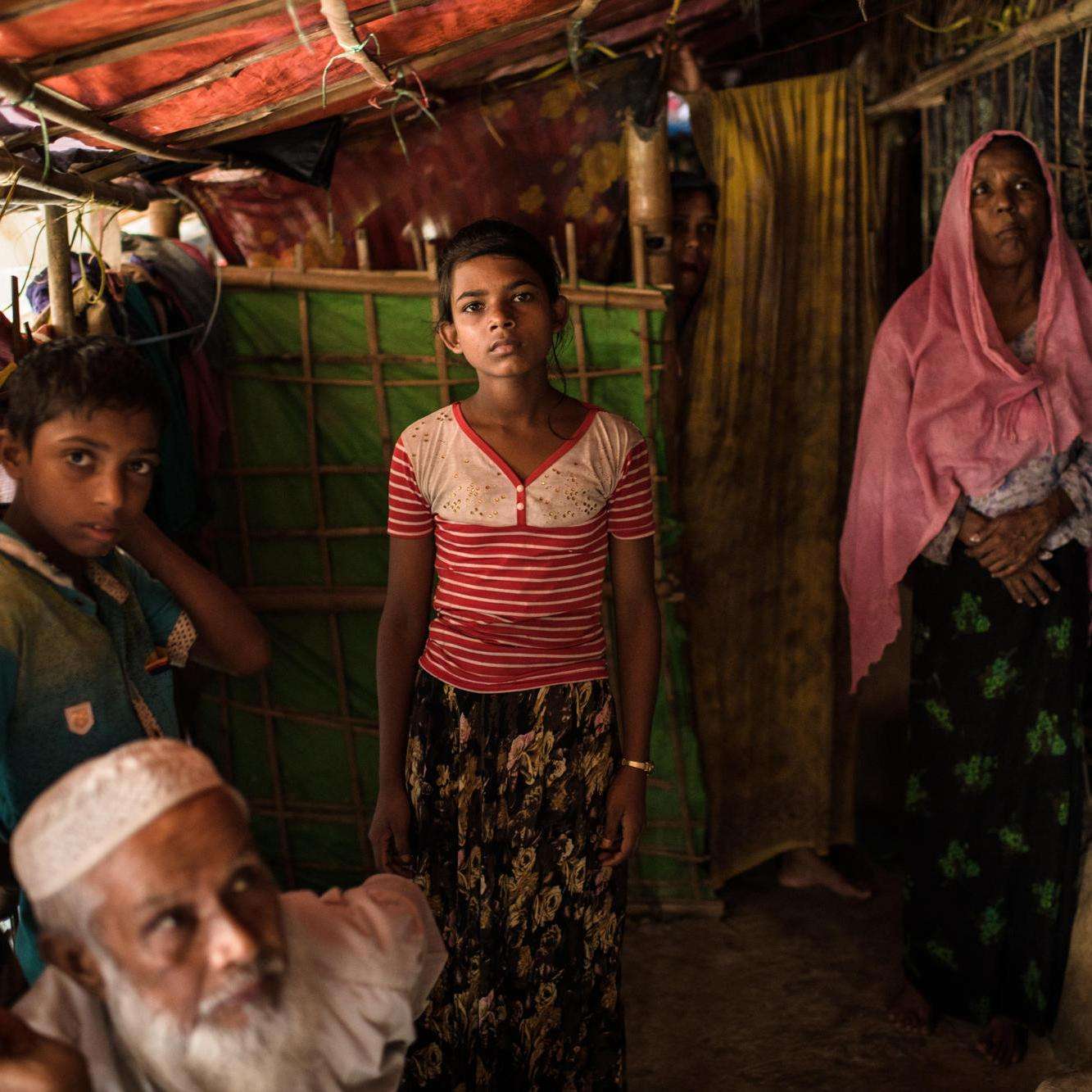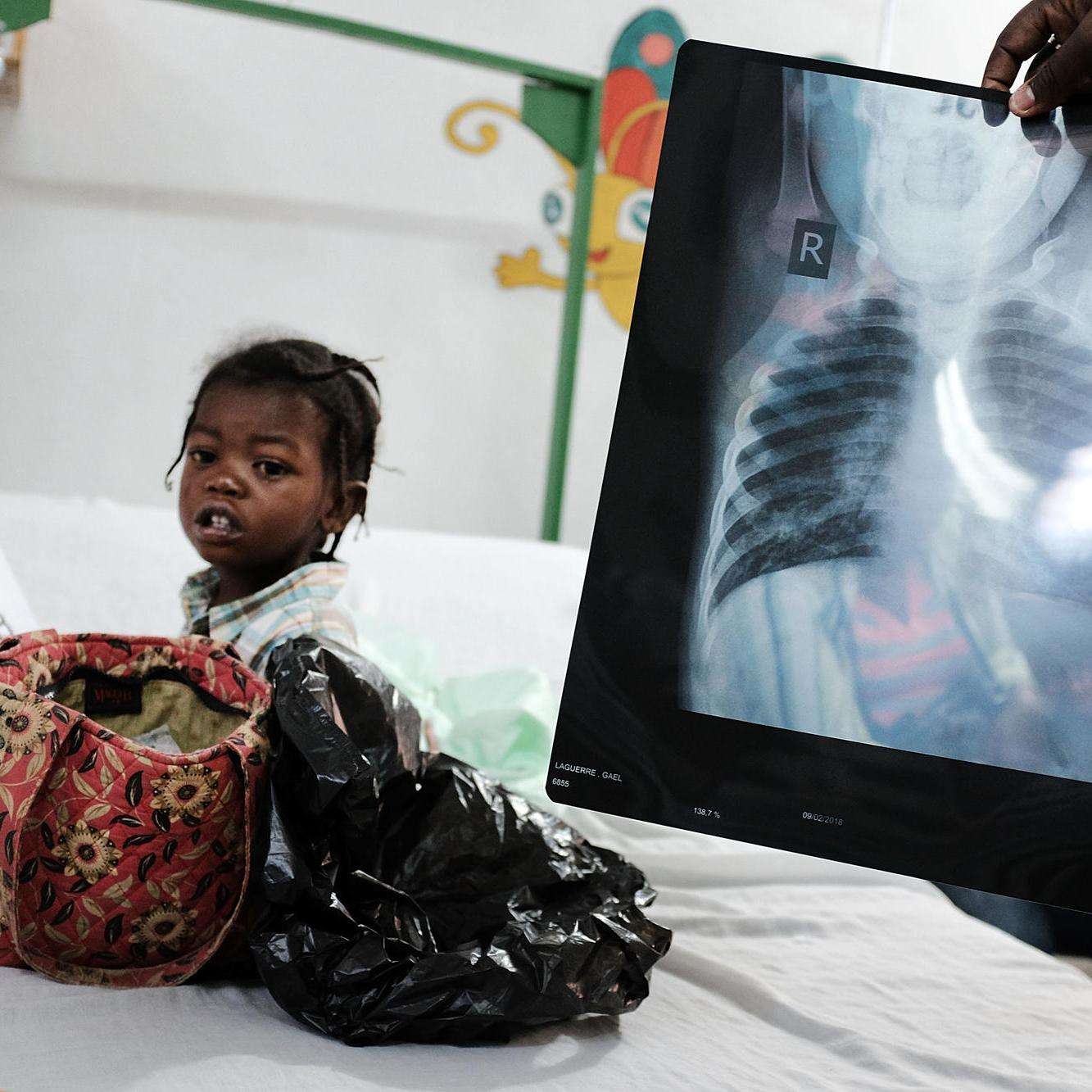Alert is a quarterly magazine published by Doctors Without Borders/Médecins Sans Frontières (MSF-USA) that features compelling stories and photography from our work in the field. Below is an excerpt from MSF-USA Board President John P. Lawrence's introduction to the Winter 2018 issue (Vol 19. No. 4.), 2018: The year in photos.
Dear Friends,
As another tumultuous year draws to a close, this seems like a good time to pause and reflect on the extraordinary scope of the work Doctors Without Borders/Médecins Sans Frontières (MSF) teams are doing around the world. You may catch a glimpse of our work in sporadic media coverage of humanitarian emergencies such as the war in Yemen or the latest Ebola epidemic in Democratic Republic of Congo (DRC), but most of our projects are in places that are woefully underreported. We work with neglected and marginalized communities whose difficulties accessing health care are often connected to their relative “invisibility.”
With this special edition of Alert, we hope to make some of those people, and their experiences, a bit more visible. The images in this issue illustrate MSF’s work across a range of contexts, providing services from trauma surgery to care for chronic diseases to psychosocial counseling. While the power of the written word cannot be underestimated, these striking photographs capture so much more of the lives we touch in the course of our work.
This issue of Alert presents photo stories from the front lines of conflict in Yemen, the Palestinian Territories, Central African Republic, and DRC. The haunting images show how violence and instability affect the health of all segments of society.
We look at efforts to contain the threat of outbreaks and epidemics, including our response to an unprecedented outbreak of diphtheria among displaced Rohingya people in Bangladesh. Our ongoing response to the Ebola epidemic in DRC—the worst outbreak ever recorded in that country—is complicated by active conflict and insecurity in the affected areas.
We get an intimate look at our work to provide mental health care in extreme situations, including to provide psychosocial support for Rohingya refugees in Bangladesh, Iraqis uprooted by conflict, and rural communities affected by violence in Mexico.
The images that follow also shed light on the challenges facing people who tend to be overlooked, whether due to political, economic, or social exclusion. Communities may be geographically isolated. They may face diseases that are rare or unfamiliar to many in the West, or even risk dying of preventable diseases like pneumonia and measles.
Access to care can be blocked by many different factors. The struggles of people living with chronic diseases in eastern Ukraine remind us of how medical challenges are often magnified when political and military actions impose access restrictions. MSF runs a burn center in the Cité Soleil neighborhood of Port-au-Prince, Haiti’s capital, providing specialized care for people who could otherwise never afford it. We also help expand access to treatment for HIV/AIDS and tuberculosis among those communities hardest hit.
In addition to serving as the president of MSF-USA’s board of directors, I regularly travel to the field to work as a surgeon in our projects. During these assignments, I often record my impressions using a written journal as well as a cellphone camera. Although I typically anticipate that my journal entries will better capture the moments of joy, hope, stress, and fatigue, it is usually the photographs that best portray my experiences.
It is generally not the most extraordinary elements that garner my attention, but rather images of the routine that end up seeming the most powerful. While the inherent drama of the medical act tends to draw our focus in the field, it is the end result— namely the restoration of a healthy state of being for our patients—that my photographs center upon.
This is the goal all our team members strive for: the opportunity for each patient we treat to enjoy their lives as fully as possible. This life-sustaining work is made possible thanks to your generous support. I want to extend my gratitude to our staff around the world working tirelessly to provide the best possible care to people who need it most. And I’d like to bid a fond farewell to my friend and colleague Jason Cone, who has done a tremendous job leading MSF-USA as the executive director, speaking out for the patients we serve, and contributing to our international movement in countless ways.
I wish you all a happy and healthy New Year ahead.
Sincerely,
John P. Lawrence, MD
President, MSF-USA Board of Directors
